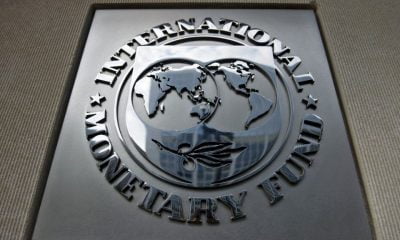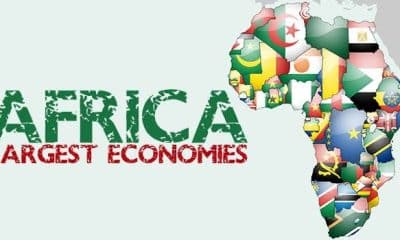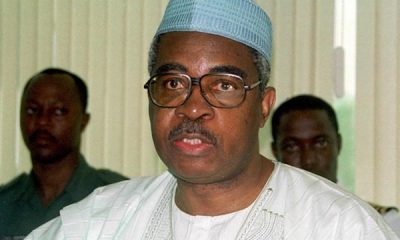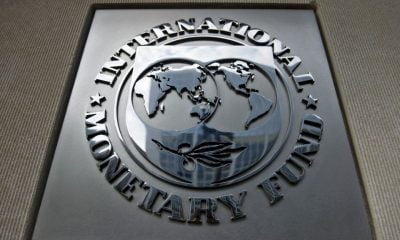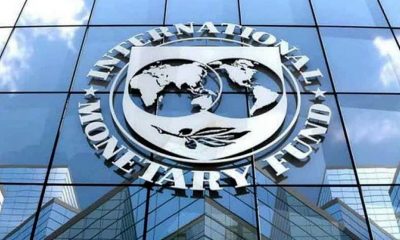Business
COVID-19: Nigeria’s Economy Can’t Recover Earlier Than 2022 – IMF

The International Monetary Fund (IMF) has revealed that Nigeria’s economy is not expected to recover from the COVID-19 impact earlier than 2022.
This is as the international finance agency noted on Monday that the dependence of the nation’s economy on oil and the fluctuating prices in the global oil market are major concerns.
It made the submission in its report titled ‘IMF executive board concludes 2020 Article IV consultation with Nigeria.’
The report stated that, “Nigeria’s recovery is expected to be weak and gradual under current policies. Real GDP growth in 2021 is expected to turn positive at 1.5 percent. Real GDP is expected to recover to its pre-pandemic level only in 2022.”
The IMF warned that the second wave of COVID-19 and its attendant risks might also affect developmental efforts in the country, noting that Nigeria is at a critical juncture.
It, therefore, urged the government to pursue policies targeted at diversifying the nation’s oil-dependent economy and cutting down on policy summersaults which can discourage investors.
“The COVID-19 pandemic has placed Nigeria at a critical juncture.
“The country entered the crisis with falling per capita income, high inflation, and governance challenges.
“Policy adjustments and reforms designed to shift the country from its dependence on oil and to diversify the economy toward private sector-led growth will set Nigeria on a more sustainable path to recovery,” the IMF statement noted in part.
Adding that “External vulnerabilities due to lower oil prices and weak global demand have increased, with the current account remaining in deficit in the first half of 2021.
“In April 2020, Nigeria received IMF emergency financial assistance of $3.5bn under the Rapid Financing Instrument to help cushion the impact of the pandemic.”
Issues including rising food inflation, growing youth unemployment, and others were also identified as having a significant impact on the economy.
Meanwhile, the Central Bank of Nigeria (CBN) on Sunday said it is determined to protect Nigeria’s financial system from activities of “fraudsters and speculators”.
Naija News recalls that the Central Bank of Nigeria (CBN) has ordered banks in the country to shut down the accounts of cryptocurrency traders.
The CBN in its directive, told Deposit Money Banks (DMBs), Other Financial Institutions (OFIs), and Non-Bank Financial Institutions (NBFIs) local financial institutions to stop any transactions in crypto or facilitating payments for crypto exchanges.
The ban has drawn mixed reactions from Nigerians with former Vice President Atiku Abubakar calling on CBN to reserve the directive.
But in a statement signed by Osita Nwanisobi, its acting director of corporate communications, on Sunday titled ‘Response to Regulatory Directive on Cryptocurrencies’, the Apex bank insisted that it will continue to do all within its regulatory powers to educate Nigerians to desist from the use of cryptocurrencies – despite growing criticism.

